|
The change to standard time is always a bit depressing: darkness arrives earlier, serving as a chilling reminder that a long winter is fast approaching. It’s been a tough year already and moving the clocks back last weekend seemed even harder this time. We could all use a bit of good news as the nights grow long – and it came on Monday with the announcement that a COVID-19 vaccine being developed by Pfizer was 90 per cent effective. What does it all mean in terms of a potential end to the pandemic? Aïssatou Aïcha Sow, a virology and immunology researcher at the Institut national de la recherche scientifique at the Univesité du Québec, offers a
comprehensive explainer about the latest developments on COVID-19 vaccines and how the Canadian government has reserved a number of doses from different manufacturers.
For your weekend reading, I’ve assembled some of the best stories from the global network of The Conversation on the latest coronavirus developments – all intended to provide you, our loyal readers, with relevant information about this important public health issue.
Have a great weekend and we’ll be back in your Inbox on Monday.
|
Weekend Reads: What you need to know about the COVID-19 vaccines
|
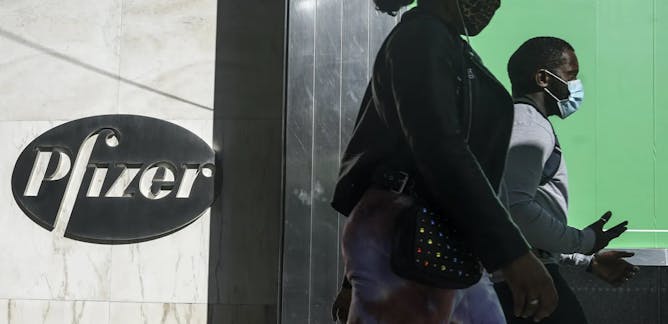
Aïssatou Aïcha Sow, Institut national de la recherche scientifique (INRS)
Canada has set aside a total of 414 million doses of different types of vaccine. Some exploit known mechanisms, others are based on previously untested approaches.
| |
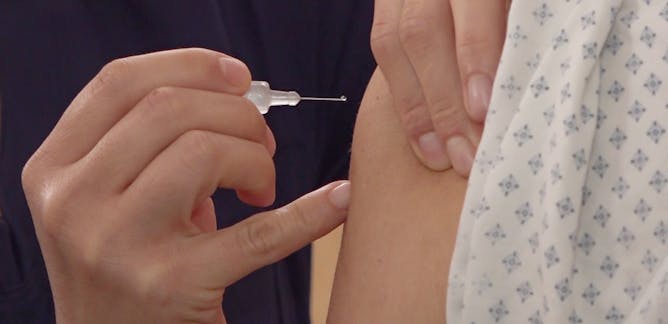
Adam Kleczkowski, University of Strathclyde
The Pfizer/BioNTech vaccine may be rolled out in mere weeks.
|
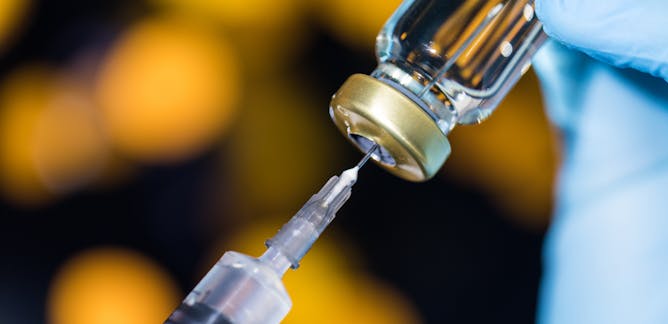
Zania Stamataki, University of Birmingham
In science, vaccine efficacy and effectiveness mean something different.
| |
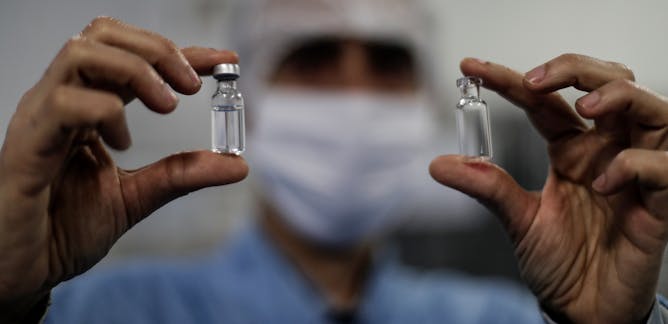
Michael Head, University of Southampton
The Pfizer/BioNTech vaccine needs to be stored at -80⁰C.
|
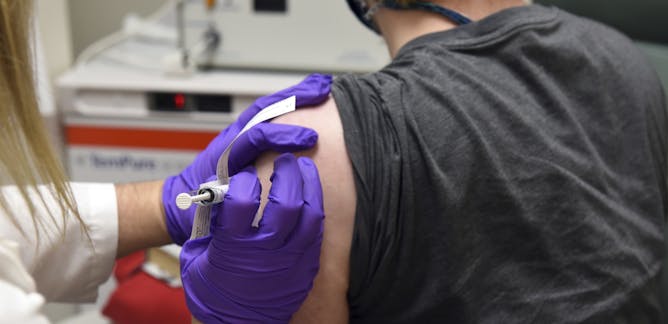
Harry Al-Wassiti, Monash University; Colin Pouton, Monash University; Kylie Quinn, RMIT University
Early analysis suggests this vaccine has an efficacy of over 90%. So if you took ten people who were going to get sick from COVID-19 and vaccinated them, only one would get sick.
| |

Bill Bogart, University of Windsor
A chorus of prominent voices that seek to persuade Canadians that COVID-19 compliance is in everyone’s interest.
|

Ronald Labonte, L’Université d’Ottawa/University of Ottawa; Mira Johri, Université de Montréal
The TRIPS waiver makes COVID-19 treatments more accessible globally by enabling manufacture and distribution of COVID-19 drugs and medical supplies that would normally be protected by patents.
| |

Lara Herrero, Griffith University; Elina Panahi, Griffith University
The loss of the simple act of hugging has taken a big emotional toll for many people during the pandemic.
|
|
|